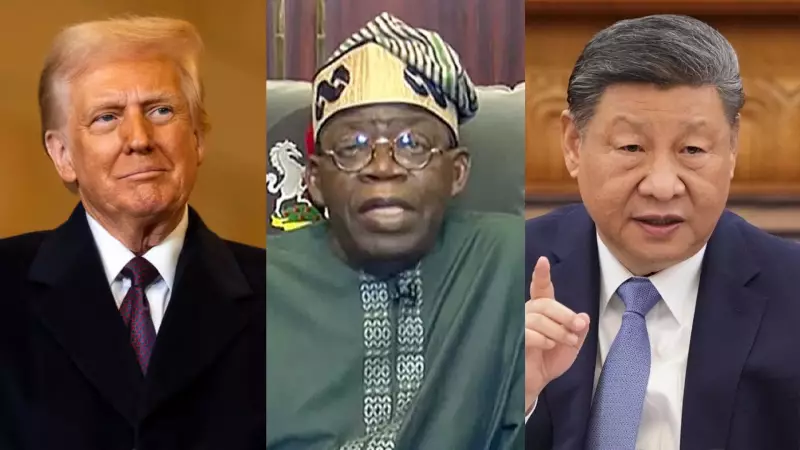
In a sharp diplomatic rebuke, United States Representative John James has forcefully responded to Chinese officials who criticized America's relationship with Nigeria, declaring that Beijing cannot dictate Washington's foreign policy approach to African nations.
Congressman's Strong Stance
The Michigan Republican didn't mince words when addressing China's recent comments about US-Nigeria relations. "We won't be told how to run our foreign policy by the Chinese Communist Party," James stated emphatically during a congressional hearing on international relations.
Background of the Diplomatic Spat
The tension erupted after Chinese officials expressed concerns about growing US influence in Nigeria, suggesting that American involvement in the West African nation could destabilize regional dynamics. James interpreted these remarks as an attempt to limit US engagement in Africa.
Defining Sovereign Relations
The congressman emphasized that the United States maintains the right to determine its own foreign policy independently. "Our relationship with Nigeria, like with any sovereign nation, is based on mutual respect and shared interests," James explained, highlighting that such partnerships shouldn't be subject to approval from third parties.
Nigeria's Strategic Importance
As Africa's largest economy and most populous nation, Nigeria represents a crucial partner for both the United States and China. The competition for influence in the country reflects broader geopolitical rivalries playing out across the African continent.
Broader Implications
This exchange underscores the escalating competition between world powers in Africa, where economic partnerships, security cooperation, and diplomatic influence are increasingly contested. James's remarks signal Washington's determination to maintain and expand its relationships in the region despite external objections.
The congressman concluded by reaffirming America's commitment to working with Nigeria and other African nations based on principles of mutual benefit and respect for sovereignty, rather than heeding directives from competing global powers.





